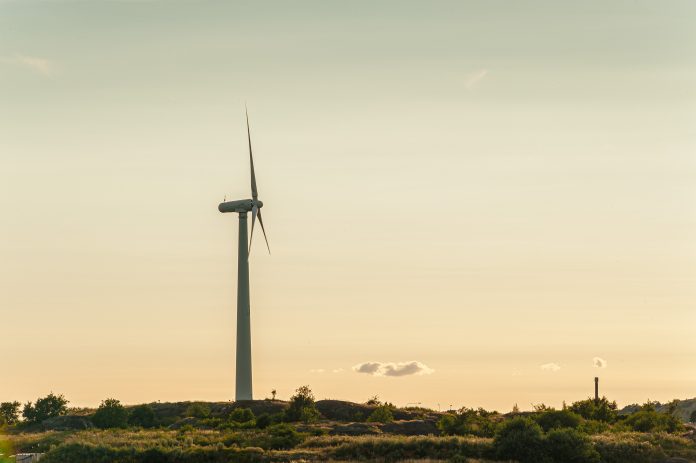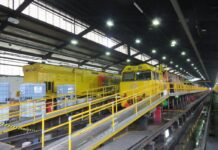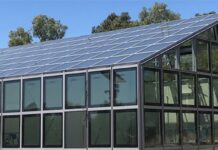
The Australian Alliance for Energy Productivity (A2EP) has received $460,500 in funding from the Australian Renewable Energy Agency (ARENA) to investigate opportunities for using renewables in process heating in manufacturing, which accounts for the largest share of onsite energy use in the sector.
The $900,500 project has thus far carried out ten pre-feasibility studies at sites across Tasmania, South Australia, Victoria and New South Wales, with five of these sites to be chosen to progress to a full feasibility study.
Food processors McCain (Ballarat, Victoria) and Simplot (Devonport, Tasmania), as well as brewing company Lion (Adelaide, South Australia) are the three businesses which are so far confirmed for full feasibility.
ARENA said a full feasibility study and business case for all five sites would be complete by the end of 2019, with projects deemed feasible to be eligible to apply for further ARENA grant funding to implement the renewable alternatives for energy generation.
“The sites will test commercially available technologies not widely used in Australia that have significant potential to optimise the application of process heat in manufacturing, while increasing the uptake of renewable energy,” reads the statement.
“Applications considered include electrification with a focus on heat pumps powered by renewable electricity and direct renewable heating options including biomass / biogas and associated storage.”
ARENA CEO Darren Miller said helping industry slash emissions was ‘the next challenge for renewable energy uptake in Australia’.
“A2EP’s project aligns with what ARENA is aiming to achieve through its new investment priority in helping industry to reduce emissions by supplying case studies which can be replicated more widely,” he said.
“There is significant potential to increase the application of renewable energy for process heating in manufacturing. By switching to renewable energy technologies, industries such as food and beverage processing can significantly reduce their reliance on traditional forms of energy and save money on their operating costs, thereby encouraging more companies to adopt this approach.”
A2EP CEO Jonathan Jutsen added: “Australia lags behind other economies in deployment of process heat technologies that are innovative but proven. There is great potential to be smarter about process heat. We waste a great deal of energy and we don’t take advantage of cost-effective renewables. There are literally thousands of businesses that could benefit from these ideas.”
“With the support of ARENA, this feasibility work will identify opportunities for manufacturing businesses across Australia to transition to cost-effective renewable energy solutions tailored to their businesses that will reduce their emissions and energy costs,” he concluded.



















